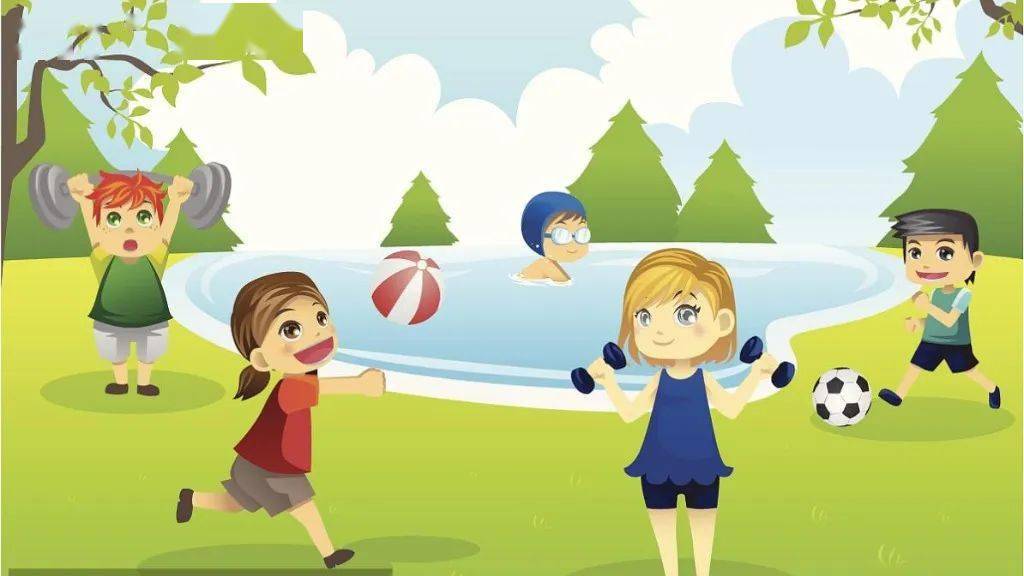Parents need to be alerted when their baby has red, itchy eyes and rubs them a lot: allergic conjunctivitis

In spring, the earth revives, the willows sprout and flowers bloom …… Many parents take their children out to fly kites and enjoy the vibrancy of spring.However, in this season of flowers, there are a number of “crises”. As the temperature rises, many viruses, bacteria and allergens become active. Children with weak resistance and poor hygiene habits can easily come into contact with various bacteria or allergens without realising it.
If your baby has red, swollen, itchy or teary eyes.
rubs his eyes with his hands.
Consider whether your child has seasonal allergic conjunctivitis.
What is allergic conjunctivitis?
What is allergic conjunctivitis?
Allergic conjunctivitis is an allergic reaction in which the conjunctiva becomes inflamed when the eyes come into contact with allergens (e.g. pollen, dust, animal hair, etc.). The main symptoms are redness, itchiness, swelling, tearing and filiform discharge, with itchy eyes being the experience of most people with allergic conjunctivitis. In children, this may be manifested by eye rubbing or frequent blinking, but rubbing does not improve the condition, but rather makes it more and more itchy.
02How to prevent allergic conjunctivitis in children?
“The most fundamental prevention measure for allergic conjunctivitis is to eliminate allergic stimuli.
1. Improve the living environment, e.g. remove rags and blankets from the room and pay attention to bedding hygiene.
2. Pay attention to your child’s personal hygiene and eye hygiene, wash your hands and face regularly, don’t rub your eyes with dirty handkerchiefs or hands, and wear a mask and goggles in an environment with a lot of lint and dust.
3. Avoid prolonged stays in the countryside or in the wild during the pollen-spreading season. In case of bad weather such as haze and dust, pay special attention to protecting your eyes from allergic substances.
4.Prevent drug allergy. Certain eye drops, western medicine and Chinese medicine preparations may cause allergic reactions.
5.adhere to exercise, enhance resistance to regular, daily routine, healthy diet with, appropriate physical exercise, help to enhance the body’s resistance to allergic substances. Especially as adolescents and children get older, their bodies adapt to the environment and their resistance strengthens, allergy symptoms will be reduced and the frequency of attacks will decrease.
02What should I do if my child has allergic conjunctivitis?
Many eye diseases can have symptoms similar to allergic conjunctivitis. Parents should not make their own diagnosis or even self-medicate, as it is not the right medicine for the right condition and will not only fail to improve the symptoms but may even cause the condition to worsen. Some prescriptions may exacerbate allergic symptoms or non-allergic eye diseases, or even produce serious sequelae.
The following points should be taken into account when a child is ill.
1. Seek medical attention promptly: If your child has more severe symptoms of redness, swelling and itching of the eyes, it is recommended that you take your child to a regular hospital as soon as possible for treatment under the guidance of a professional ophthalmologist.
2. Keep away from allergens: As soon as you know what your child is allergic to, you should avoid further contact and stop the stimulation of allergens; more attention should be paid in spring, and at the change of seasons.
3. Remind your child not to rub his eyes: Many children can’t help but rub their eyes a lot when they are itchy. It is important to remind your child not to rub his or her eyes. Rubbing the eyes usually makes them more itchy, and if the conjunctiva comes into contact with bacteria and dust on the child’s hands, it is likely to aggravate the symptoms.
4. apply cold compresses to the eye: hot compresses raise the local temperature, dilate blood vessels and promote blood circulation, resulting in increased secretions and increased symptoms.
5. Disinfect used towels and handkerchiefs with boiling water for 5 to 10 minutes and use them exclusively.



